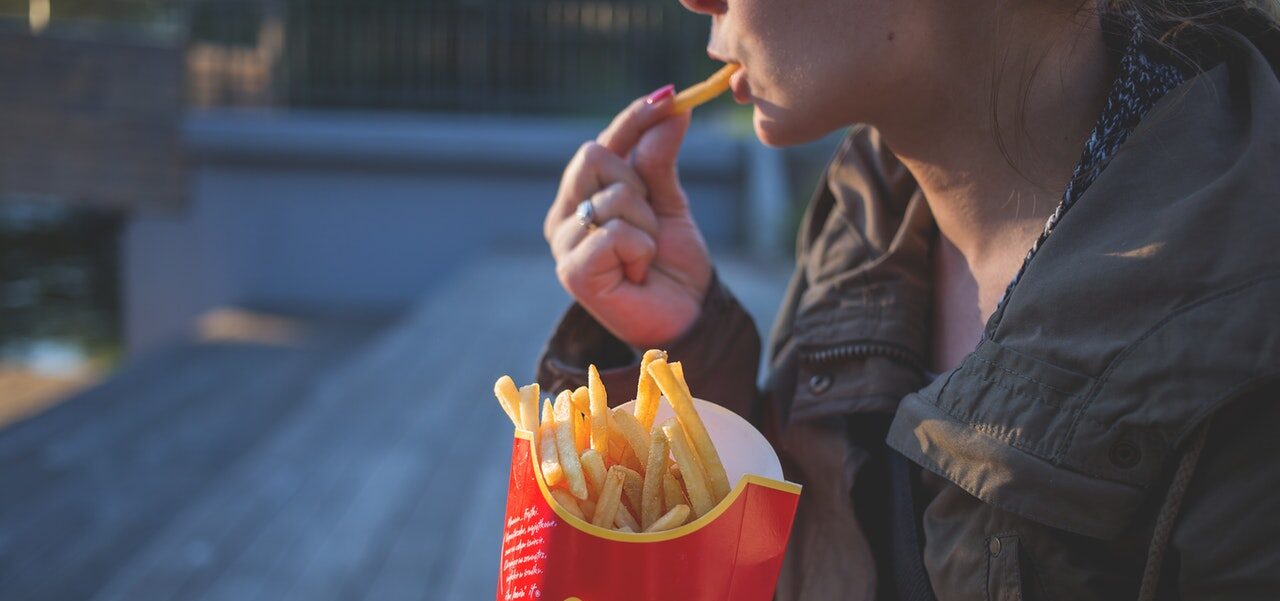
(Why We Don’t) Do the Right Thing
By Galen Lastko,
Photo by freestocks.org from Pexels
Published in the Humboldt Independent on February 9, 2021
All pandemics considered, human health is generally speaking in a better place nowadays than ever before. Despite the effects of our increasingly sedentary lifestyles and the grotesque impacts of globalized industrial pollution, humans are more likely to live longer and healthier lives than ever before, thanks in part to the development of vaccination, antibiotics, and a better understanding of nutrition, exercise, and mental wellness. We are certainly headed in the right direction as far as wellness is concerned, and although many of the world’s health care systems are burdened unfairly by politics and hindered by the inevitability of humans being jerks, at least we’re not putting leeches on folks any more.
What we are still doing, as we have since at least the dawn of history, is making bad decisions. We smoke, we drink, we eat too much of this or not enough of that. We know full well that some of our civilized pleasures are not even remotely in our best interest, and despite being organisms motivated on the most fundamental level to perpetuate the state of our existence, we indulge in the stupid and self-destructive. The Center for Disease Control has suggested that this sort of intentionally unhealthy behavior factors into over half of all deaths in this country, but why is that the case?
Unhealthy behavior
When we seek comfort, it often feels easier to turn to short-term pleasures than it is to make the “correct” choice.
If it surprises you that some folks consider certain unhealthy or even dangerous activities to be enjoyable, I would like to welcome you to planet Earth. Unhealthy behavior can also provide at least the illusion of a therapeutic effect, often in a much more immediate way than a healthy behavior. When we seek comfort, it often feels easier to turn to short-term pleasures than it is to make the “correct” choice, and stress can cause us to relapse into old habits. As we all know, this is later accompanied by guilt for indulging ourselves, which causes more negative emotions, reinforcing a cycle of negative emotions. An important part of sticking with a healthier way of living is to make sure that your motivation is rooted in a desire for self-improvement, rather than in fear, guilt, regret, or out of a need to please another person.
It is important to remember that to some extent, our own brains are not the best of allies in these circumstances. We have a number of different and complex systems within our noodles to generate happy feelings, but there isn’t one specifically wired to go off when we make a healthy decision. At this point in human evolution, we’ve essentially grown wiser than our “animal” brains, and what we “know” to be healthy might not resonate on the same level that older and simpler pleasures do. While this manifests most obviously in the form of substance abuse and addiction, issues with our brain’s reward pathways have also been tied to all manner of mental and physical health issues.
Kicking a bad habit
Very few people kick a bad habit on the first go-around.
In any case, we do not operate this earthly vessel with total autonomy, and convincing the rest of our brain to follow the leader is not always a simple process. We have to be as patient with ourselves if we are truly committed to the idea of change, and there are plenty of studies to suggest that very few people kick a bad habit on the first go-around. Each time we struggle, relapse, or even do something certifiably regrettable to ourselves, we are presented with an opportunity to make a healthy decision even in the face of apparent failure. By choosing to forgive ourselves our human foibles and trying to understand why we failed, we can learn from our mistakes and try something different next time. This is not, mind you, another excuse for us to keep doing whatever it is we know we probably shouldn’t, as I’m sure you’ve all got as many of those as I do, but it is a reminder that there’s certainly nothing wrong with any of us for not making a lick of sense: we are, after all, just people.
Galen Lastko, submitted on behalf of the SoHum Health’s Outreach department.
Related: Fitness, Mental Health, SoHum Health, Wellness